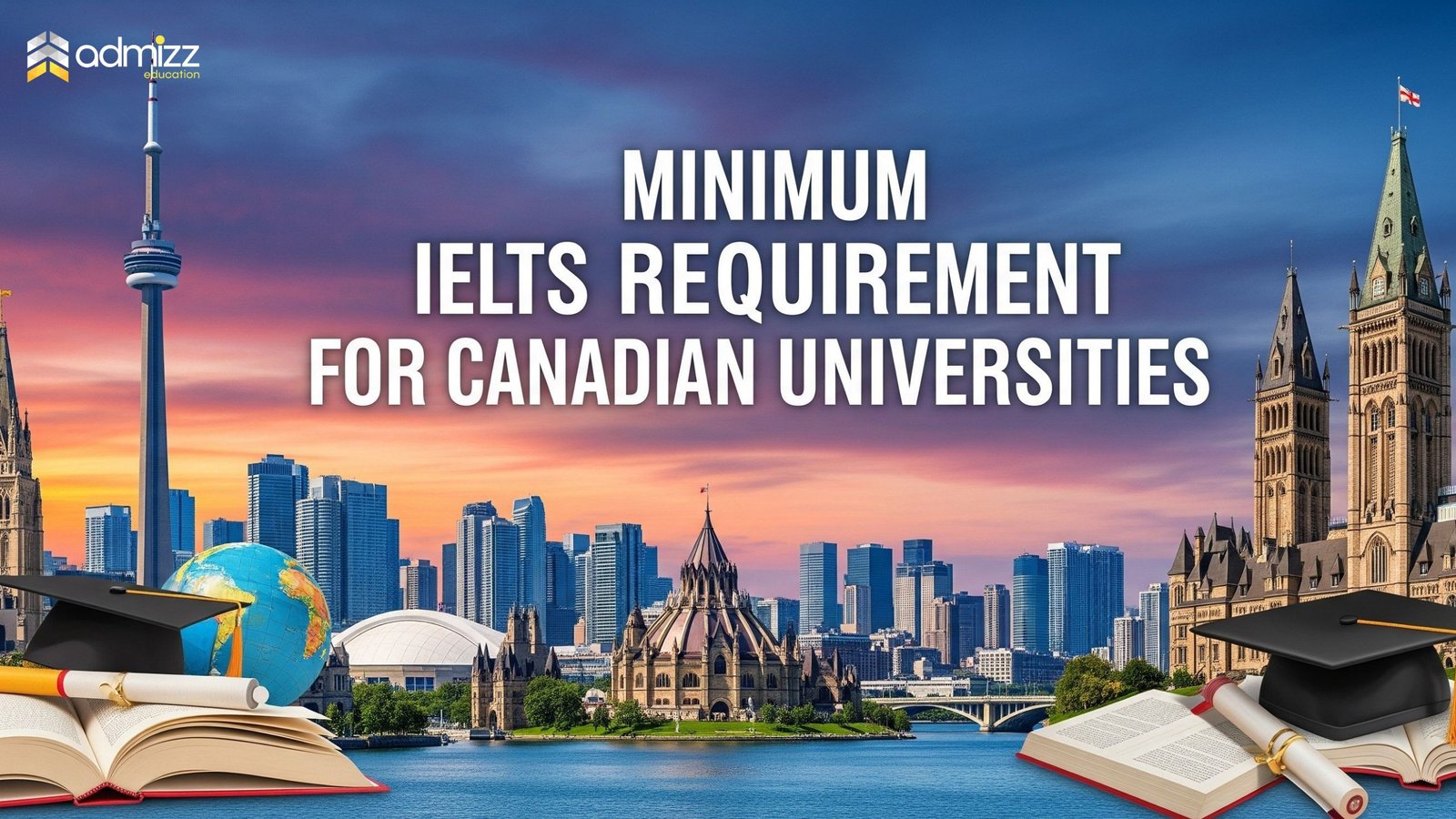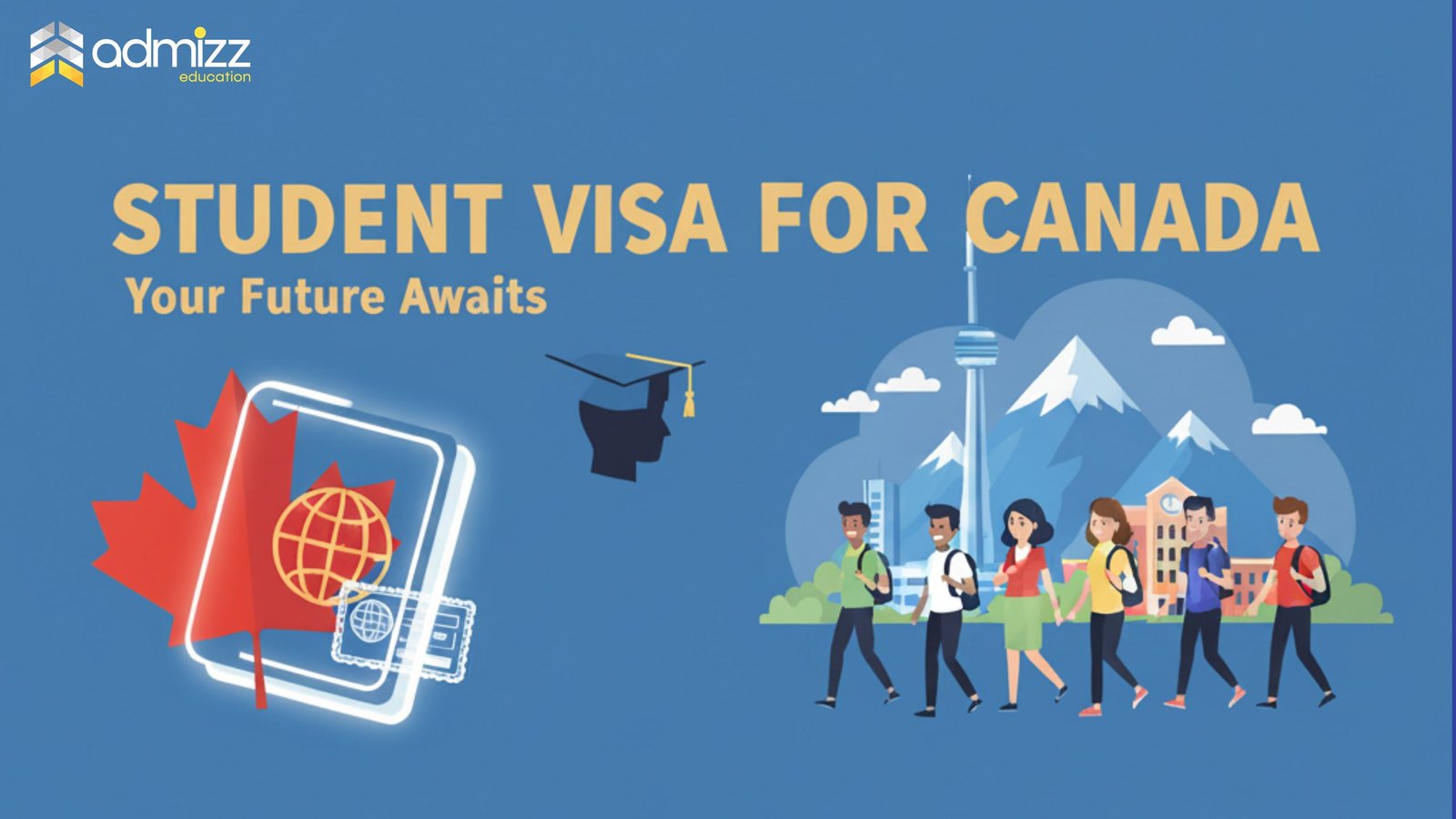Your Trusted Pathway to World-Class Education
STUDY IN CANADA
Canada is one of the most popular study destinations for international students, offering globally recognised degrees, high academic standards, affordable tuition, and promising post-study work opportunities. With Admizz Education, your journey becomes smoother, faster, and fully guided—every step of the way.
Students successfully enrolled worldwide
Student Visa Approval Rate with Expert Guidance
In Scholarships Awarded to Our Students

Ottawa
Capital

English & French
Language

+1
Dialing Code

Canadian Dollar (CAD $)
Currency

39+ Million
Population

359
Universities

485,555
International
Students

CAD $15,000
Tuition fee
Why Study In Canada ?
Canada is one of the world’s top study-abroad destinations known for high-quality education, globally recognised degrees, affordable tuition fees, and a safe, welcoming environment.

World-Class Education
Canadian institutions deliver globally recognised programs with exceptional academic and research standards.

Affordable Study Costs
Students enjoy lower tuition fees and manageable living expenses compared internationally.

Safe Multicultural Environment
Canada offers welcoming communities supporting diverse international students with inclusivity.

Strong Career Opportunities
Internships, co-op programs, and industry links boost professional growth significantly.

Easy PR Pathway
Post-study immigration routes help students achieve permanent residency more smoothly.

High Quality Life
Vibrant cities and breathtaking landscapes create enjoyable, enriching student lifestyle experiences.
Admission Requirement For Studying In Canada
Canada is one of the most popular destinations for international students, offering world-class education, globally recognised degrees, and excellent post-study opportunities.
Admission Requirements for Studying in Canada
To secure admission into a Canadian university or college, students must meet specific academic, language, and documentation requirements. Here is a complete breakdown to help you prepare smoothly.
- Academic transcripts and mark sheets
- English language proficiency test scores
- Statement of Purpose (SOP)
- Letters of Recommendation (LORs)
- Valid passport
- Proof of funds (financial documents)
- Updated resume or CV
- Work experience (program-specific)
Documents Required for CAS (Confirmation of Acceptance for Studies)
To secure your Canadian Letter of Acceptance, students must submit essential academic, identity, and financial documents ensuring eligibility and readiness for study permit processing.
- Valid passport
- Academic transcripts and certificates
- English language test score (IELTS/PTE/TOEFL)
- Application form and offer letter
- Proof of tuition fee payment (if required)
- Proof of funds (GIC or bank statement)
- Passport-size photographs
- Statement of Purpose (SOP)
Visa Documentation
Preparing the right documents is essential for a smooth Canadian study permit application, ensuring fast processing, strong eligibility, and successful visa approval.
- Valid passport
- Letter of Acceptance (LOA) from a DLI
- Proof of funds (GIC / bank statements / loan letter)
- Tuition fee payment receipts
- Passport-size photographs (as per IRCC specifications)
- English language test score (IELTS/PTE/TOEFL)
Academic Intakes in the Canada
Canada offers multiple academic intakes each year, giving international students flexibility to choose the best time to begin their studies.

Fall Intake (September)

Winter Intake (January)

Summer Intake (May)
Top Universities in Canada
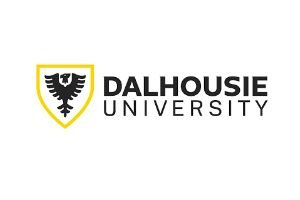

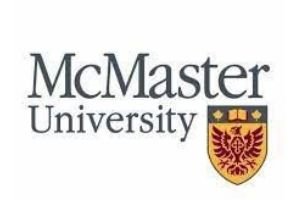
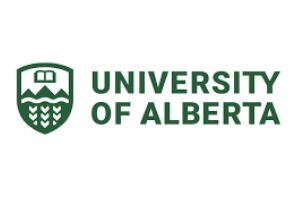
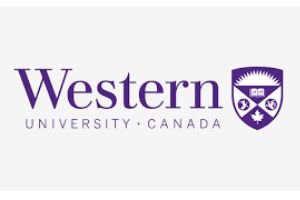
Cost of Studying in Canada
| Program | Cost (Per Year) |
| Undergraduate | CAD 15,000 – 30,000 |
| Postgraduate | CAD 15,000 – 35,000 |
| Diploma / Certificate | CAD 10,000 – 22,000 |
| MBA / Executive Programs | CAD 30,000 – 60,000 |
| Living Expenses | CAD 12,000 – 18,000 per year |
| Health Insurance | CAD 600 – 900 per year |
Canada Student Visa Process
1. Choose Course & College
Select a DLI-approved program wisely.
2. Apply to Institution
Submit application with required documents.
3. Receive Offer Letter
Get a conditional or final acceptance.
4. Pay Tuition Deposit
Secure your seat by paying fees.
5. Gather Visa Documents
Prepare financial proof, passport, transcripts.
6. Complete Medical Exam
Take IRCC-approved immigration medical exam.
7. Submit Biometrics
Schedule and complete biometrics at VAC.
8. Apply for Study Permit
Upload documents and submit online application.
9. Wait for Processing
IRCC reviews your study permit application.
10. Receive Visa Approval
Get your POE letter from IRCC.
11. Fly to Canada
Carry all documents and travel safely.
12. Get Study Permit
Receive permit at the port of entry.

